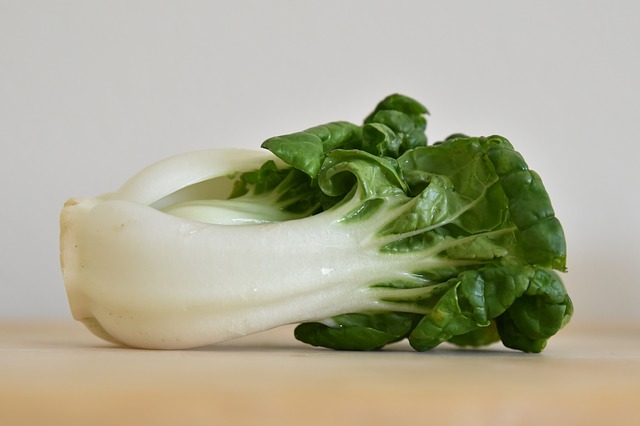
Eating for Herniated Discs
There are no two ways about it: a healthy spine begins with the nutrients you ingest on a daily basis. The great thing about nutrition is that certain ingredients can be used to target certain conditions and help different parts of the body, so you can effectively customize your diet to account for any condition you have. Herniated discs are a great example of this: the recurrent inflammation and pain involved with a herniated disc can be affected positively by a diet that incorporates anti-inflammatory ingredients and those that encourage the production and maintenance of healthy cartilage.
The anatomy of the injury gives us clues as to what to eat. A herniated disc involves the cracking of the annulus fibrosus, which is made up of strong collagen fibers. Inflammation is a part of the body’s natural healing response, but it causes a great deal of discomfort. Foods and supplements to consider are therefore in the categories:
- Vitamin C: helps the body to form collagen, which binds to and supports tissue.
- Omega-3 fatty acids: found in high concentrations in fish oil, this is a great ingredient for combating inflammation.
- Foods rich in sulfur: sulfur is an essential mineral that supports collagen production. It can be found in cruciferous vegetables, arugula, dairy, eggs, and legumes.
- Glucosamine sulfate: often found in supplement form, this compound helps the body form chemicals that repair damaged cartilage.
Healing your herniated disc requires a holistic response. At our office, we can help you find relief from the pain and stiffness of the injury through a coordinated plan that involves chiropractic adjustment, spinal decompression, diet, and exercise.